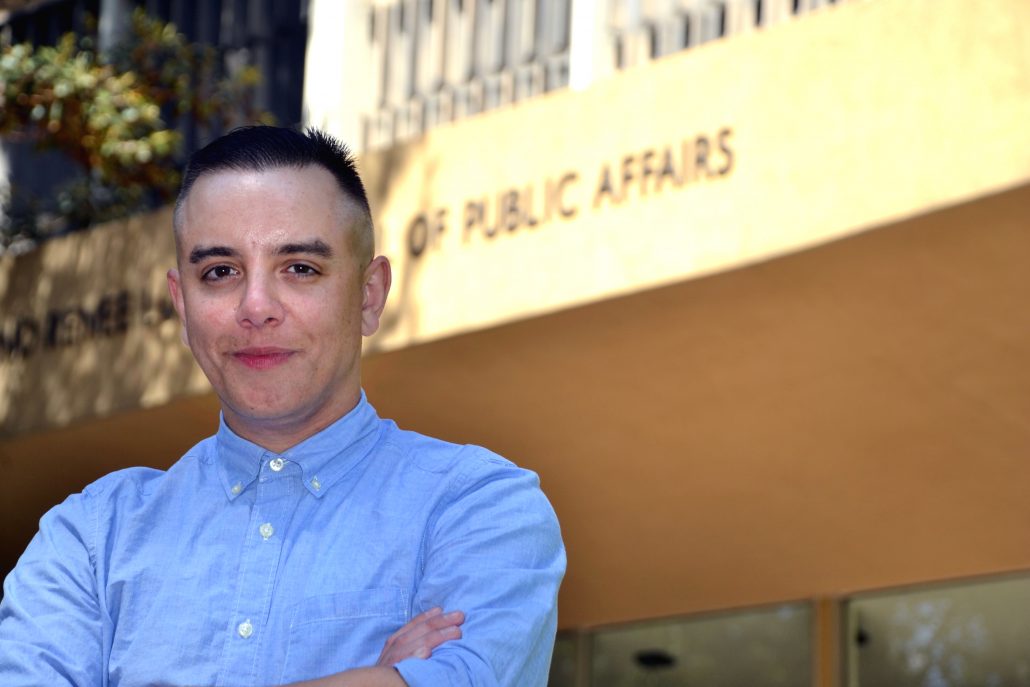Abrams on Harsh Effects of Entangling Children in the Justice System
Social Welfare Chair Laura Abrams co-authored two commentaries aimed at galvanizing support for establishing a national minimum age of juvenile justice jurisdiction — an age below which a child cannot be prosecuted in juvenile court. Writing in JAMA Pediatrics and the Journal of the American Academy of Child and Adolescent Psychiatry, Abrams argued that “entangling children in the justice system is harsh and developmentally incongruent with children’s needs.” With co-authors Destiny G. Tolliver of the Yale School of Medicine, Eraka Bath of UCLA Psychiatry and Elizabeth S. Barnert of the UCLA Geffen School of Medicine, Abrams called for the establishment of a federal statute establishing a national minimum age of 12 years or higher for juvenile justice jurisdiction. “Child and adolescent psychiatrists should educate others on the psychosocial risks of early juvenile justice involvement, condemn its racist impact and drivers, and bolster family and community supports for youths with behavioral health and social needs,” the authors wrote.

